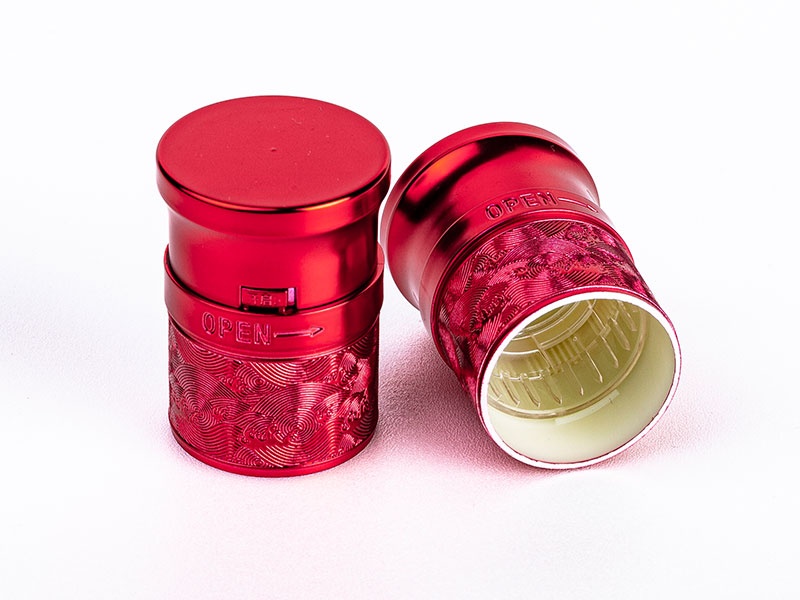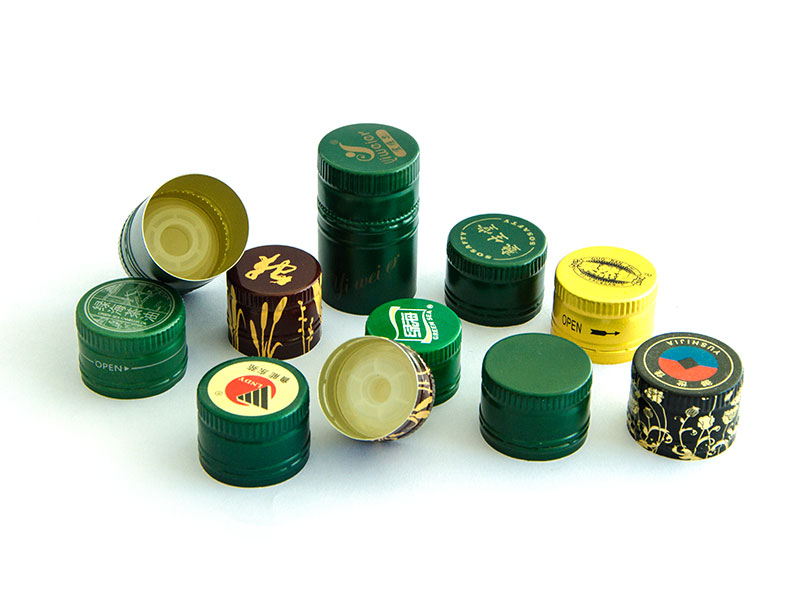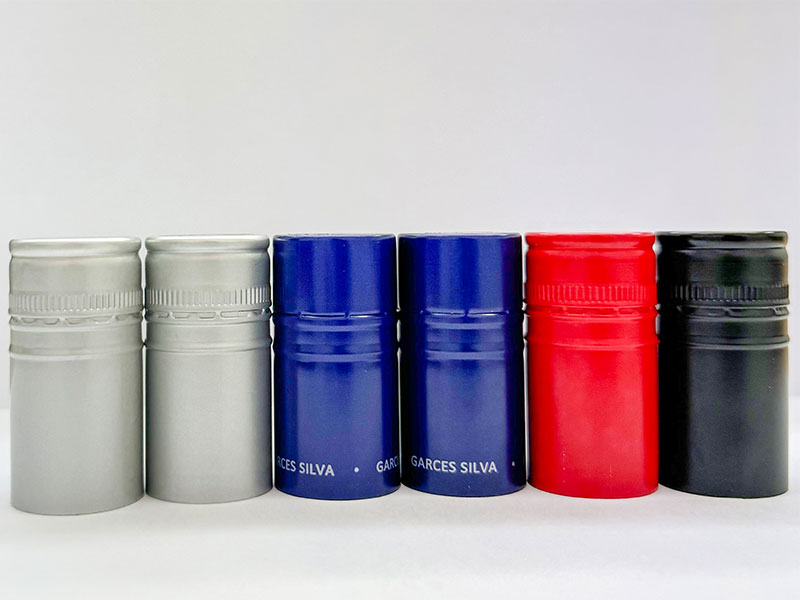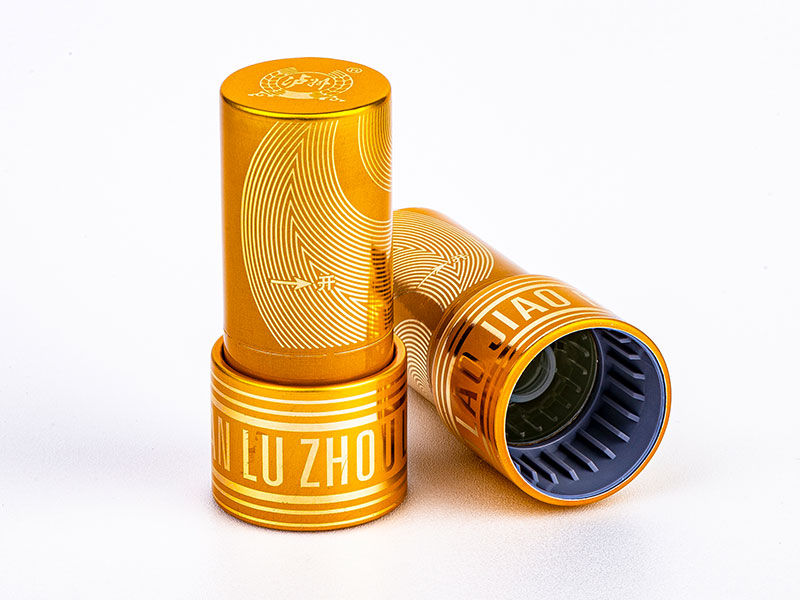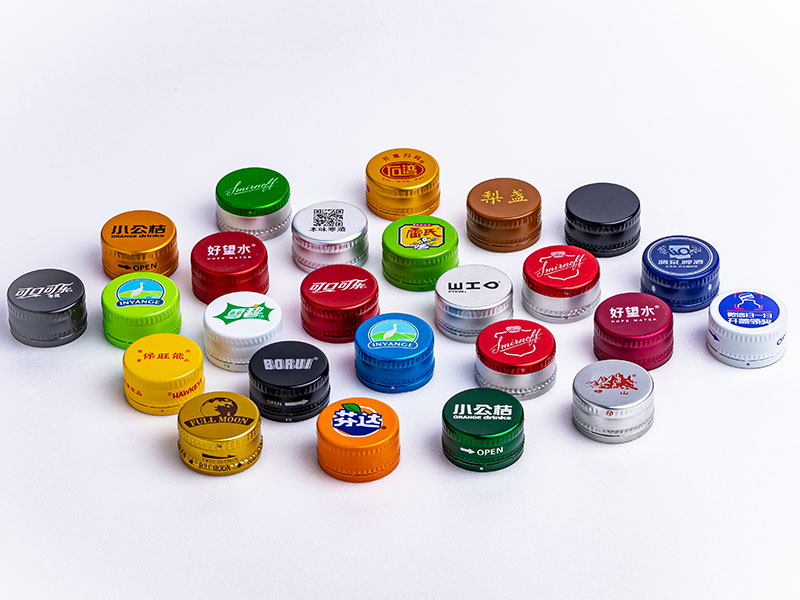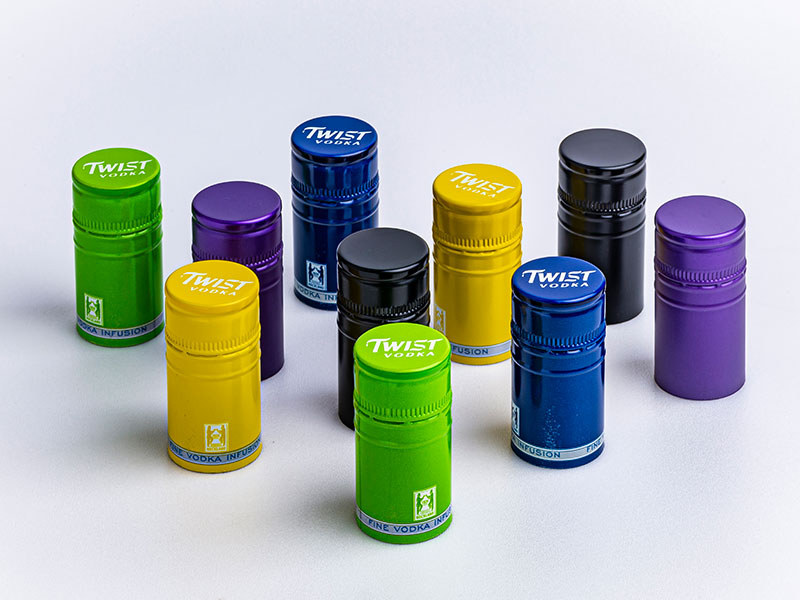Durable Aluminum Wine Closures with Advanced Carbonation Control
In the ever-evolving world of wine packaging, the demand for closures that preserve flavor integrity, maintain carbonation, and ensure durability has never been greater. Durable aluminum wine closures, featuring advanced carbonation control, have emerged as industry frontrunners, blending superior material science with innovative engineering.
Aluminum Wine Closures: Beyond Conventional Caps
Unlike traditional cork or plastic stoppers, aluminum wine closures offer exceptional barrier properties against oxygen ingress and help maintain carbonation levels crucial for sparkling wines and certain white wines. The intrinsic properties of aluminum combined with high-precision surface treatments pave the way for customizable carbonation resistance—a game-changer for producers seeking a longer shelf life without compromising sensory experience.
Technical Parameters & Performance Indicators
- Material Grade: Primarily 3105-H19 aluminum alloy, ideal for deep drawing closure applications due to excellent formability and strength.
- Closure Diameter: Standard diameters range from 26mm to 30mm matching various bottle neck dimensions.
- Wall Thickness: Typically 0.18 to 0.22 mm offers resilience to crimping and experiential feel without brittleness.
- Seal Type: Incorporate advanced elastomer liners with tailored oxygen scavenging materials or viscoelastic rubbers for enhanced gas barrier properties.
Implementation Standards & Regulatory Compliance
These closures conform meticulously to global standards such as:
- ISO 9001: Quality management systems assure consistency and traceability.
- FDA 21 CFR Part 175.260: Ensures materials safely contact food products like wine.
- ASTM B209: Sets aluminum alloy sheet and plate standards ensuring precise mechanical characteristics.
- European Regulation EU 1935/2004: Certifies materials suitable for food contact applications.
Meeting these stringent requirements underscores the efficacy and safety of aluminum wine closures today.
Alloy Tempering: Balancing Strength & Ductility
The chosen 3105-H19 (aluminum alloy tempered to H19 condition) strikes a strategic balance by emphasizing high tensile strength (235 MPa) while maintaining moderate formability necessary for automatic capping machines.
- H19 Temper: This fully hard temper enhances durability, deformation resistance, and maintains closure shape integrity under ~10 lbf crimping loads.
- Other tempers were tested; however, the H19 condition presents optimized dimensional stability vital for moisture and carbonation sealing consistency.
Aluminum Alloy 3105 Chemical Composition Table
| Element | Percentage Composition (%) |
|---|---|
| Aluminum (Al) | Balance (≥ 97.0) |
| Silicon (Si) | 0.6 |
| Iron (Fe) | 0.7 |
| Copper (Cu) | 0.12 |
| Manganese (Mn) | 0.8〜1.3 |
| Magnesium (Mg) | 0.02 |
| Zinc (Zn) | 0.12 |
| Titanium (Ti) | 0.03 |
| Others | ≤ 0.05 |
This elemental makeup combines to provide excellent corrosion resistance—a attribute preventing flavor contamination and premature beer or wine oxidation.
The Chemistry of Carbonation Preservation
These durable aluminum closures uniquely manage internal bottle pressure and carbonation via liner chemistry combined with an accelerated molecular mesh singularity within aluminum cap walls. This control restricts CO2 migration externally whilst avoiding microdamages that lessen pressure retention.
- Liners with oxygen scavengers chemically absorb ambient oxygen trapped during capping.
- Carbonation is maintained longer relative to traditional cork plugs and standard crown caps.
- The combination creates an ultra-low permeable close barrier fostering freshness for up to two years under ideal cellar conditions.
Sustainable Benefits & Recycling
As a highly recyclable material with minimal energy input required for reprocessing versus virgin plastics or cork processing, aluminum closures exemplify sustainable closure technology in wine packaging. The production minimizes ecological impact while enhancing product preservation.



